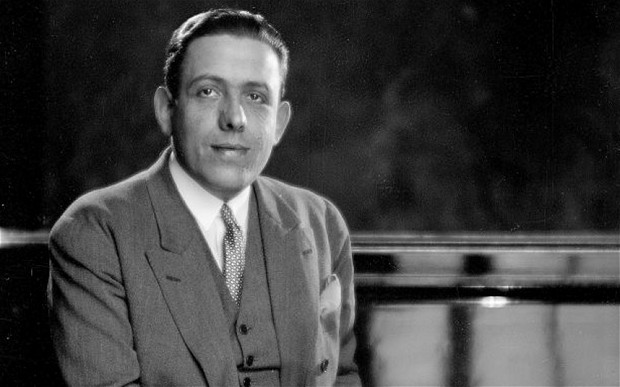Pat O’Kelly
I was regaled at the National Concert Hall recently by two award-winning young pianists – Alexander Bernstein and Fiachra Garvey, both former pupils of John O’Conor at the RIAM. Accompanied with spontaneous aplomb by the RTÉ NSO, they conveyed the wit and charm of Francis Poulenc’s effervescent Concerto for Two Pianos written in 1932.
But there is also a serious side to Poulenc’s music and Chamber Choir Ireland has chosen his Mass in G for its Hearing Sacred Harmonies programme scheduled for St Ann’s Church in Dublin’s Dawson Street on Saturday evening next and St Thomas’s Church in Belfast’s Eglantine Avenue on Sunday, March 11. The sections of the Mass will be intertwined with Olivier Messiaen’s O Sacrum Convivium (1936), Herbert Howell’s Requiem (1938) and Gregory Rose’s recent Stabat Mater.
Poulenc was born into considerable affluence in Paris on January 7, 1899. His pharmaceutical engineer father Émile instilled his devout Catholicism into the boy while his mother Jenny infused her love of music and the theatre.
Her brother, known as Uncle Papoum, may have led the precocious and sophisticated lad somewhat astray by introducing him to the music hall and cabaret. And these conflicting influences helped develop the spiritual and decadent sides of Poulenc’s persona.
As a result of his studies with the Spanish virtuoso, Ricardo Viñas, Poulenc became an exceptional pianist, but he was largely self-taught as a composer. It has been said of him that his true vocation lay in vocal writing. He loved the human voice and song, in itself, had a tremendous appeal for him.
Impressario
Poulenc came to the fore as a composer through impressario Serge Diaghilev’s commission for the ballet Les Biches. Described as ‘naughty but nice’, it was premièred in Monte Carlo in 1924. The composer’s reputation was further enhanced by his Concert champêtre written for the Polish/French harpsichordist Wanda Landowska.
Poulenc abandoned his faith following his father’s death in 1917, but would later admit that he was “religious by deepest instinct and by heredity…I am a Catholic. It is my greatest freedom.”
On the death of a friend in 1936, Poulenc visited Rocamadour, a shrine in south-western France that houses a miraculous figure of the Virgin carved in black wood, allegedly, by St Amadour, supposedly the Zaccheus of St Luke’s Gospel, who climbed a sycamore tree to see Jesus.
A number of significant religious works followed Poulenc’s pilgrimage including the Mass, dedicated to the memory of his father. Poulenc’s compelling opera Dialogues des Carmélites, first seen in La Scala, Milan in 1957, continues to enjoy worldwide performances. Set in revolutionary Paris, the opera deals sensitively with the martyrdom of the 16 Carmelite sisters of Compiègne guillotined on July 17, 1794. Poulenc died in Paris on January 30, 1963.
Sticking to a French theme, Debussy’s piano music figures prominently in Philippe Cassard’s NCH recital next Thursday, March 15. Speaking about him, Poulenc said Debussy remained his favourite composer after Mozart: “I could not do without his music. It is my oxygen.” This year commemorates the centenary of Debussy’s death in 1918.


 Francis Poulenc
Francis Poulenc 